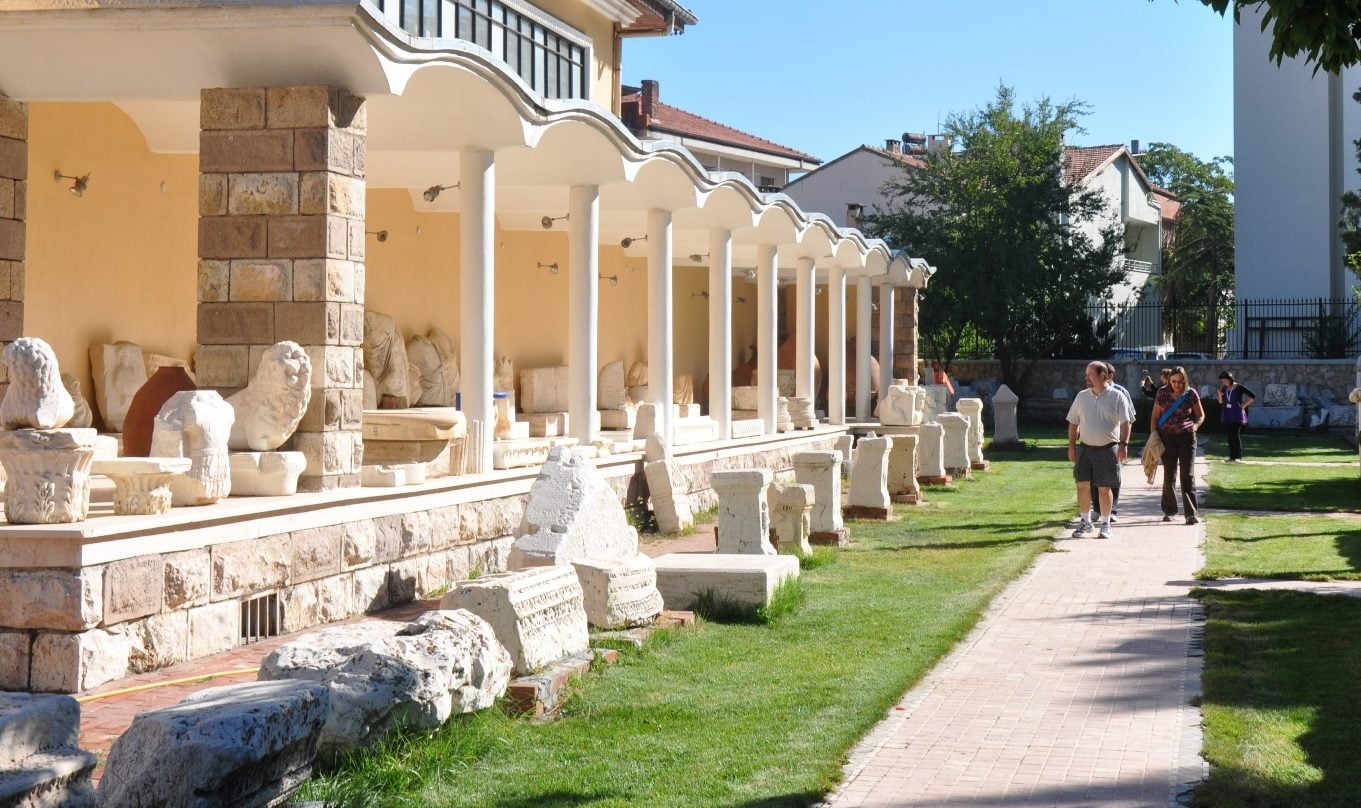From this nobility are descended those men whom you style ‘rulers of the world.’ But we Lombards, Saxons, Franks, Lotharingians, Bavarians, Swabians and Burgundians, so despise these fellows that when we are angry with an enemy we can find nothing more insulting to say than -‘You Roman!’ For us in the word Roman is comprehended every form of lowness, timidity, avarice, luxury, falsehood and vice. You say that we are unwarlike and know nothing of horsemanship. Well, if the sins of the Christians merit that you keep this stiff neck, the next war will prove what manner of men you are, and how warlike we.”*
An Arab Ambassador in Constantinople late 10th century
[Adopted from Geanokoplos]
In the late tenth century the most powerful states in Western Eurasia were Byzantium and the Abbasid Empire. These states exchanged embassies constantly. This itenis an extract from the detailed account of an Arab envoy to Constantinople in the late 10th century. His mission to the court of Basil II concerned Bardas Skleros, a claimant to the Byzantine throne who had gone to Baghdad seeking Arab support.
So I proceeded to Constantinople and made my entry after I had been met and most courteously escorted y court officials. I was honourably lodged in the palace of the Kanikleios N’cephorus (the envoy come with me) who stood in favour with the Sovereign. Next I was summoned to the presence of the Chamberlain [i.e., the eunuch Basil], who said: “We are acquainted with the correspondence which bears on your message, but state your views.”
Thereupon I produced the actual agreement, which he inspected and then said: “Was not the question of relinquishing the land-tax on Abu Taghlib’s territory [at Mosul], both past and future, settled with al-Bakilani in accordance with your wishes, and did he not assent to our terms as to restoring the fortresses we had taken, and as to the arrest of Bardas?
Your master accepted this agreement and complied with our wishes, for you have his ratification of the truce under his own hand.” I said that al-Bakilani had not come to any arrangement at all; he replied that he had not left until he had settled the terms of agreement, of which the ratification under the hand of his sovereign was to be forwarded, and that he had previously produced his letter approving the whole of the stipulations. Accordingly I was driven to find some device in order to meet this position.
Read More about The Accession of Alexius and Interfamily Power Struggles part 21









